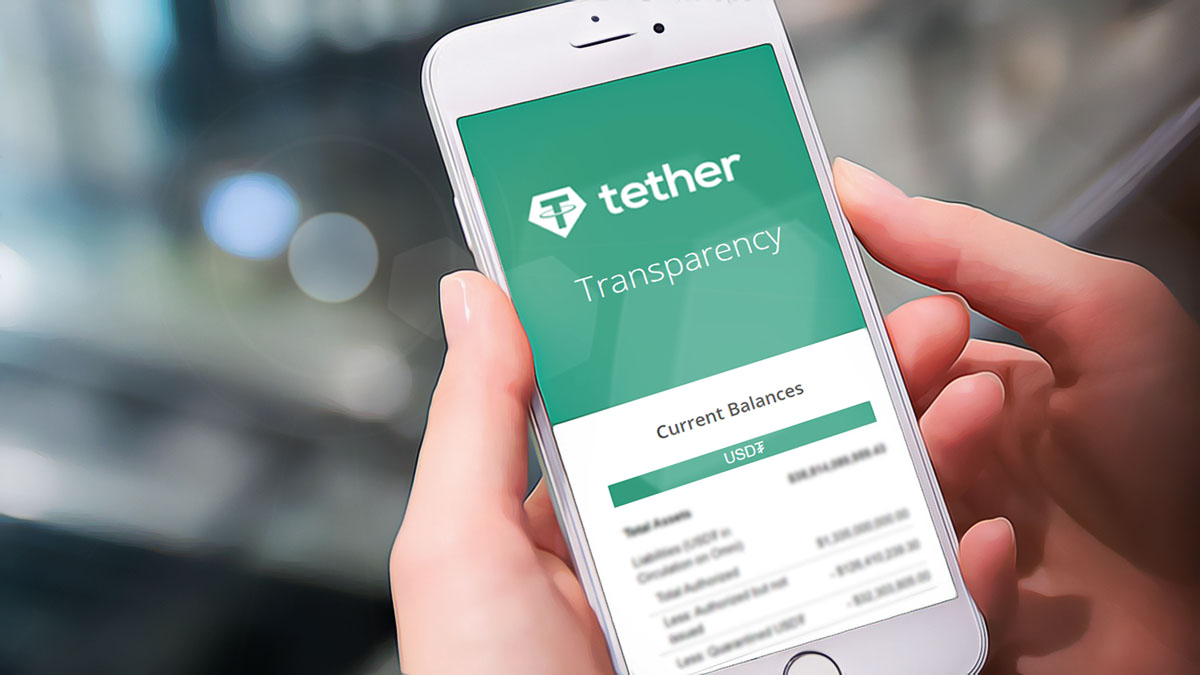Tether, the leading stablecoin issuer, reported a stunning net profit of $6.2 billion for the year 2023, surpassing financial titan BlackRock’s earnings of $5.5 billion. This profit surge has sparked concerns about Tether’s influence and potential challenges to U.S. global financial sanctions. The Wall Street Journal highlighted these issues, questioning whether Tether’s operations could undermine international regulatory efforts.
Oversight Gaps and Market Influence
Despite Tether’s diligent vetting of its direct clientele, the company lacks regulation over the vast secondary market where most transactions of its stablecoin, USDT, take place. This absence of oversight alarms regulators, especially given Tether’s transaction volume nearing that of Visa cards in 2023. Operating with fewer than 100 employees, Tether has managed to achieve a massive market presence, contrasting sharply with BlackRock’s extensive workforce.
Can Tether Mitigate Money Laundering Risks?
A United Nations report from early 2023 indicated that USDT is increasingly used for money laundering in Southeast Asia. The stablecoin’s prominence in unregulated markets may facilitate illegal activities, including sanctions evasion and financial fraud. Although Tether can monitor and control transactions via its blockchain, its capabilities are insufficient to entirely mitigate these risks.
Implications and Concerns
– Tether’s lack of oversight in secondary markets raises significant regulatory concerns.
– The stablecoin’s extensive use in potentially illicit activities highlights its role in facilitating unregulated transactions.
– Tether’s profit surpassing BlackRock underscores its growing financial influence.
– The U.S. government’s scrutiny of Tether could intensify due to its implications on global sanctions enforcement.
As the U.S. heightens its focus on organizations linked to financial misconduct, Tether’s contribution to large-scale unregulated transactions remains a pressing issue. The rise of stablecoins like USDT in a largely unchecked financial sector may obstruct the U.S.’s efforts to enforce international sanctions effectively. This situation calls for more stringent regulatory measures to address the challenges posed by rapidly expanding digital currencies.












